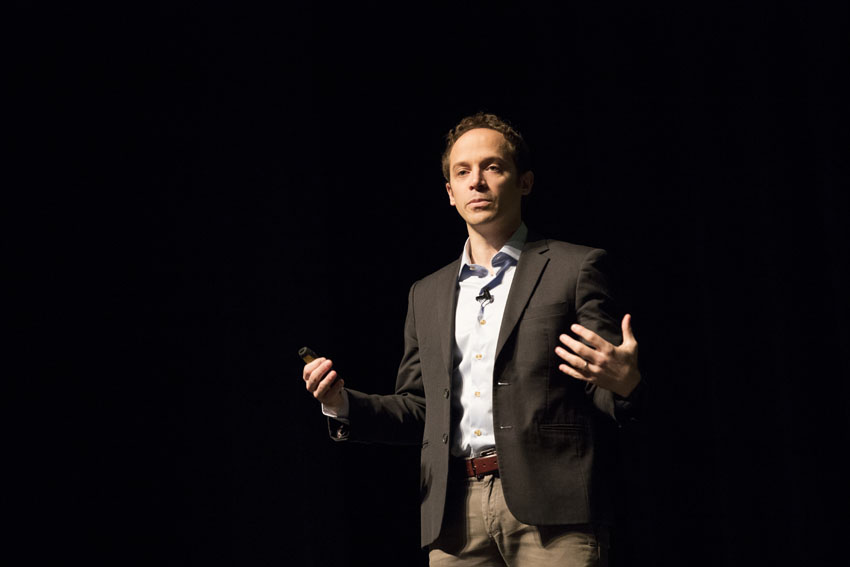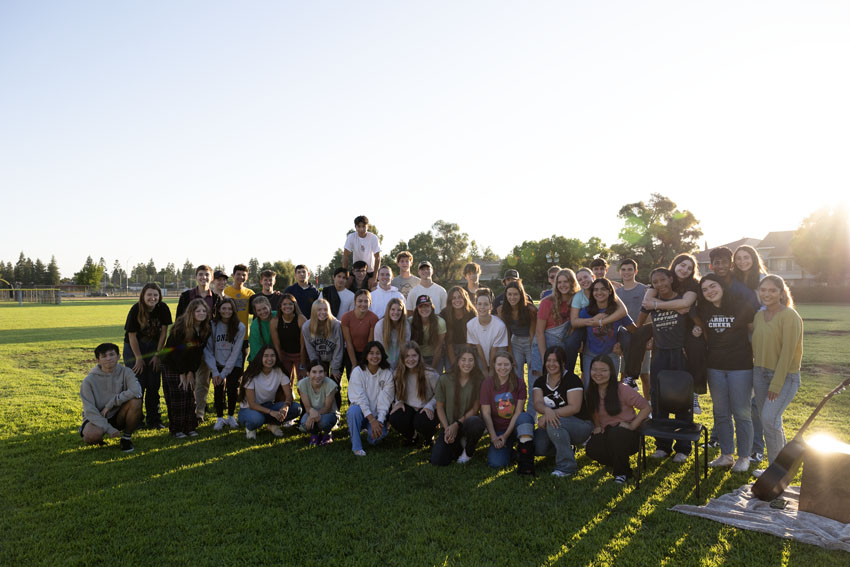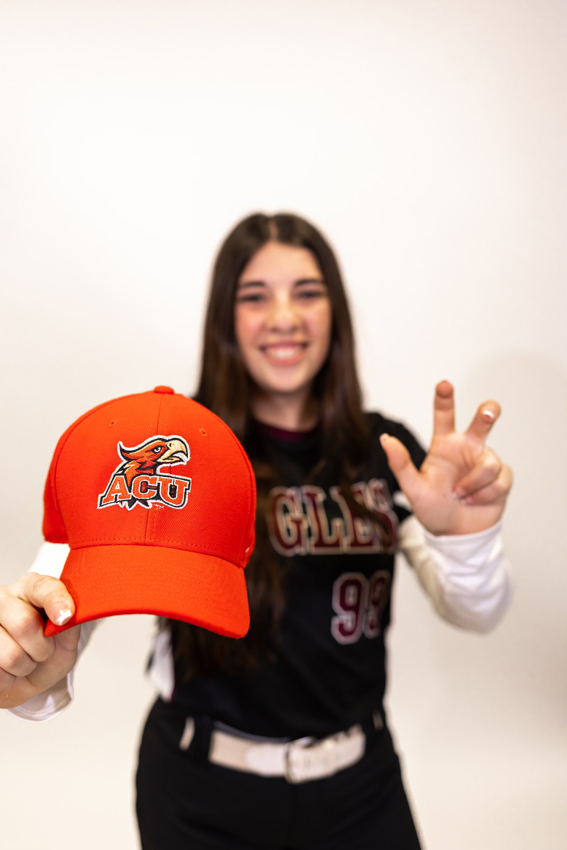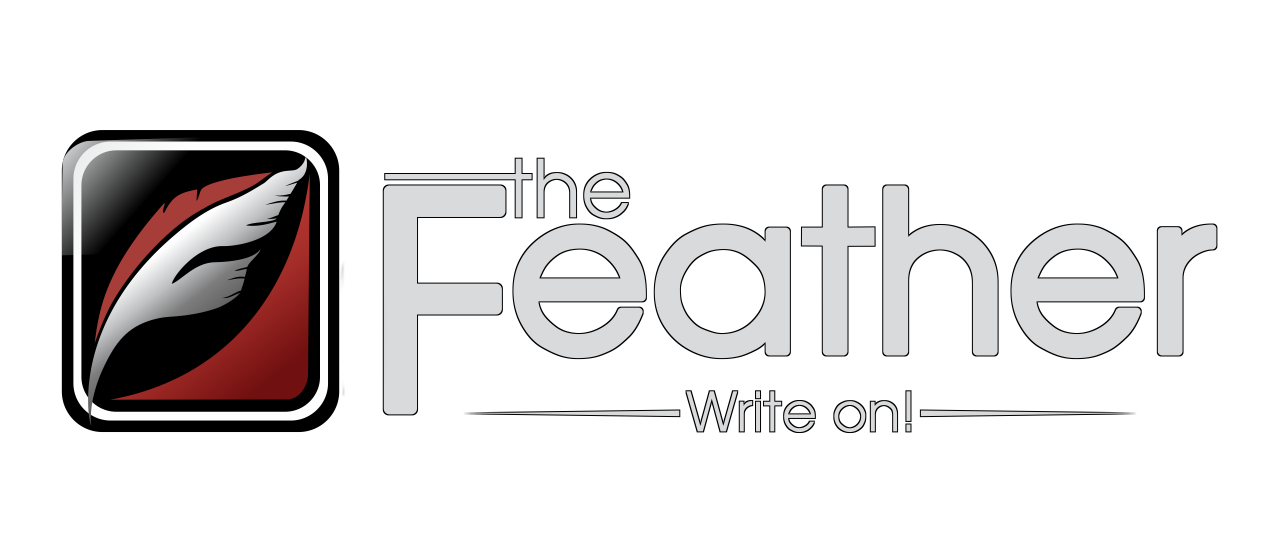Epstein shares the importance of a physical sampling period

Former senior writer at Sports Illustrated and The New York Times best selling author, David Epstein, spoke at the latest San Joaquin Valley Town Hall, Nov. 14. Epstein spoke about his research of what makes an athlete elite.
Epstein covers medicine and science and the way they relate to athletics. When it comes to investigative reporting, he is among of the best of his craft. For example, Epstein co-broke the story that the Yankees’ Alex Rodriguez tested positive for steroids in 2003 with his colleague Selena Roberts in 2009.
Epstein’s most recent work revolves around the question of what it takes to become a champion. Is it through 10,000 hours of practice and perseverance, or does our genetic makeup decide our performance? Epstein argues that the most elite athletes typically had what he calls a “sampling period” to help develop broad physical abilities.
“The athletes who go on to become elite spend less time early on on deliberate practice in the sport in which they eventually become elite,” Epstein said. “The Tiger Woods model of early specialization is the vast exception. Much more typical is what I call the Roger model because Roger Federer’s parents wouldn’t allow him to specialize. He played everything like badminton, basketball and soccer before he was allowed to specialize in tennis. Another example is Steve Nash, a two-time NBA MVP who did not own a basketball until he was 13 and played a variety of other sports.
“Your computer does nothing without software,” Epstein continued. “Once you have the right software, that’s when the hardware you have starts to make a lot of difference to how good of an overall machine you have. That turns out to be the same with most talents. We don’t really know who has what until they’ve had a chance to download some of the software. Overall, the pattern of athletes who go on to become elite is that they have a sampling period.”
If sports science has taught me anything, it’s that we’re all completely unique in our biology across the world. The task of getting better is finding that optimal environment that’s the best for your unique composition. — David Epstein, investigative jounalist
In one study, a group of people completed identical training over the course of four years. Epstein uses the results to convey the idea that athletes need a sampling period to figure out their optimal environment.
“On day one of the study, the scientists gave a test to all the subjects and found their ten most talented athletes,” Epstein said. “Four years later at the end of the study, they had missed 100 percent of the people who ended looking the most talented despite everyone having done the same training. We actually have no idea what your talent is and what that hardware is, until you’ve had a chance to figure out that right training environment.”
“Only once you’ve had that sampling period and the chance to try and triangulate the environment for your inevitable genome, can we even start to talk about the question that parents ask me of the difference between the most elite athletes and those just below them,” Epstein continued. “This sampling period gives them a breadth of general skills, help learn general physical literacy and expose them to a wide variety of sports where they can get a sense of what their abilities are.”
The 10,000 hour rule, a concept created by psychologist K. Anders Ericsson, says that 10,000 hours of deliberate practice are needed to become world-class in any field. However, Epstein disagrees, believing that the rule completely ignores individual variation.

“Generally, the 10,000 hour rule says that there is no such thing as hardware or innate talent, but it’s just 10,000 hours of practice that makes people look like they have innate talent,” Epstein said. “The 10,000 rule is an average. By its nature, most of science obscures individual variation by only reporting averages. In one study of a group of top violinists, literally nobody practiced 10,000 hours. A few went way over and some people were way under, but nobody was at 10,000.”
Due to the incredible variation found in the study, Epstein jokingly formed his own theory.
“I’ve coined a rule that I think is much more accurately reflective of the breadth of skill acquisition,” Epstein said. “I call it the 10,000 hours plus or minus 10,000 hours rule.”
“If sports science has taught me anything, it’s that we’re all completely unique in our biology across the world,” Epstein continued. “The task of getting better is finding that optimal environment that’s the best for your unique composition.”
One way athletes excel in their respective ways is what scientists call “chunking”. For example, Barry Bonds, one of the best hitters baseball has ever seen, was unable to hit a pitch from Jennie Finch, an Olympic softball pitcher. Even though Bonds was used to hitting baseballs traveling 100 MPH out of the park, he fell short of making contact with a larger ball at reduced speeds.
“It turns out through specific types of practices, hitters have learned specific types of cues from the pitcher,” Epstein said. “They take movements of the torso, rotations of the shoulder, the flicker of the seams on the ball and they group all this information into what scientists call a “chunk”. That one chunk signal says the ball is either going here or there, and the hitter has to make the decision to swing as soon as the ball is released.
The earlier you match someone with an activity, the more likely it’s the wrong match. The smaller towns are small enough that they aren’t so competitive that the kids have to specialize in order to compete at the high school level. They’re allowed to play a bunch of sports and figure out what they are good at and gain a general range of skills. — David Epstein, investigative journalist
“The Barry Bonds machine didn’t come with these reflexes,” Epstein said. “It’s software downloaded through specific types of practice. This “chunking” turns out to be the difference between experts and novices across the sports spectrum.”
Another example is a study done between an amateur soccer player named Ronald, and Cristiano Ronaldo, arguably the best player on the globe. In it, a ball was crossed in from the corner, and when it was halfway to the player, the lights turned completely off, challenging the player to score without sight.
Night vision revealed Ronald completely missed the ball, while Ronaldo dove for a ball and scored. Cristiano Ronaldo is strong and fast, but that test had nothing to do with strength and speed. Instead, it is pure perceptual and learned expertise.
Epstein concluded by discussing rather or not the size of city an athlete comes from effects an athlete’s ability to go professional. It turns out, research showed the odds of becoming professional increase the smaller the city is.

“I think well intentioned programs to give kids a head start with their 10,000 hours have specialized them so early, that they will not become elite,” Epstein said. “The earlier you match someone with an activity, the more likely it’s the wrong match. The smaller towns are small enough that they aren’t so competitive that the kids have to specialize in order to compete at the high school level. They’re allowed to play a bunch of sports and figure out what they are good at and gain a general range of skills.”
Epstein explains that younger athletes can burn out by the time they get to high school and beyond if pushed too hard.
“This turns out to be the pattern across all sports, no matter what sport you look at,” Epstein said. “This well intentioned drive to get a head start has been a complete and utter backfire because it ignores the importance of the sampling period. It ignores the benefits of not just learning skills, but of learning who you are, which the science suggests it clearly outweighs the advantages of a head start.”
Before his lecture, Epstein spoke to a group of students and encouraged them to work hard, but not overstress their future decisions. He used his personal story to
“The way my career progressed, I was training to be a scientist and living in the arctic when I had a friend who was a runner die at the end of a race,” Epstein said. “My local newspaper said he died of a heart attack, and I realized I didn’t know what that actually meant. Eventually, I decided to gather his medical records and learned he had a genetic disease that had been misdiagnosed. That turned into me wanting to use my background in science to write about sudden cardiac death in athletes, which led me to Sports Illustrated, which led me to genetics, which led me to my book, which ultimately led to me speaking here today.”
“I knew exactly what I wanted to do at 16, and I did none of those things,” Epstein continued. “Now I have no idea what I’m going to be when I grow up, but I follow the most interesting opportunities of the moment.”
Feather editor @alexrurik23 interviews author, investigative reporter & former @ProPublica and @SInow writer @DavidEpstein during @SJVTownHall at the @SaroyanTheatre, Nov. 14. Look for a #thefeather article in the next couple of days. #DavidEpstein @P356Loeffler pic.twitter.com/TK9oHJChSu
— The Feather Online (@thefeather) November 14, 2018
For more SJV Town Hall articles, read Kareem Abdul-Jabbar proves leadership on and off the court and Space archaeology: discovering and defining history.
Alexander Rurik can be reached via Twitter @alexrurik23, email and Instagram.



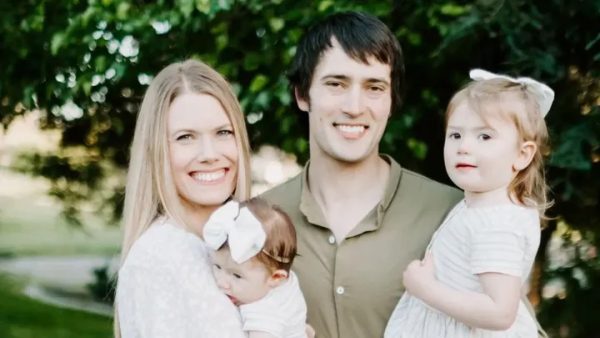



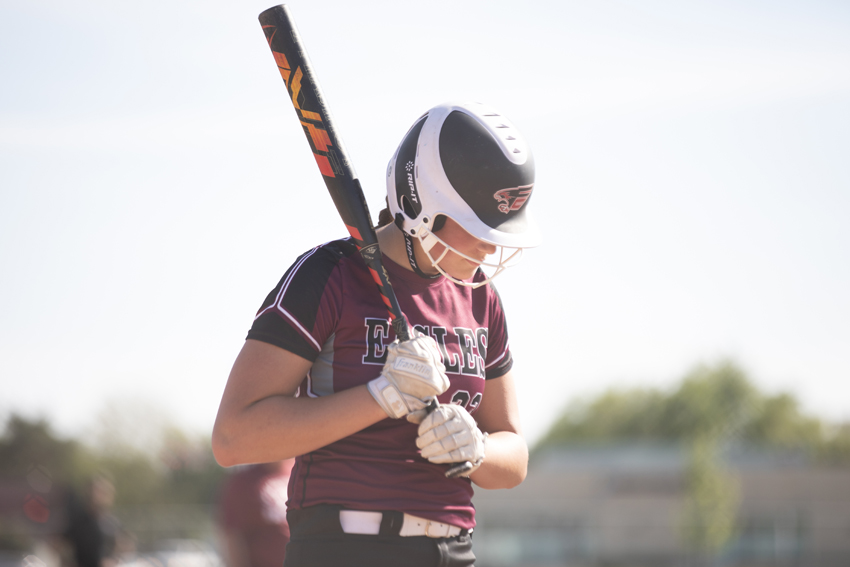
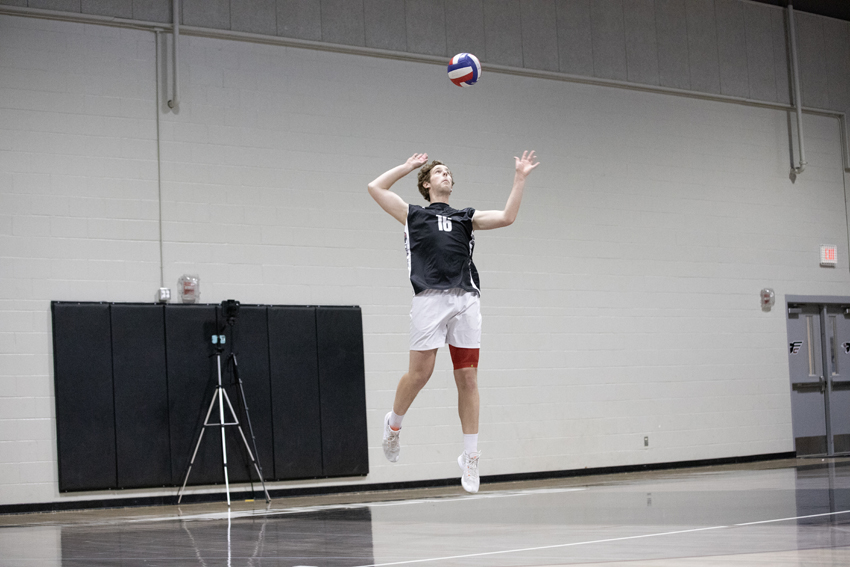
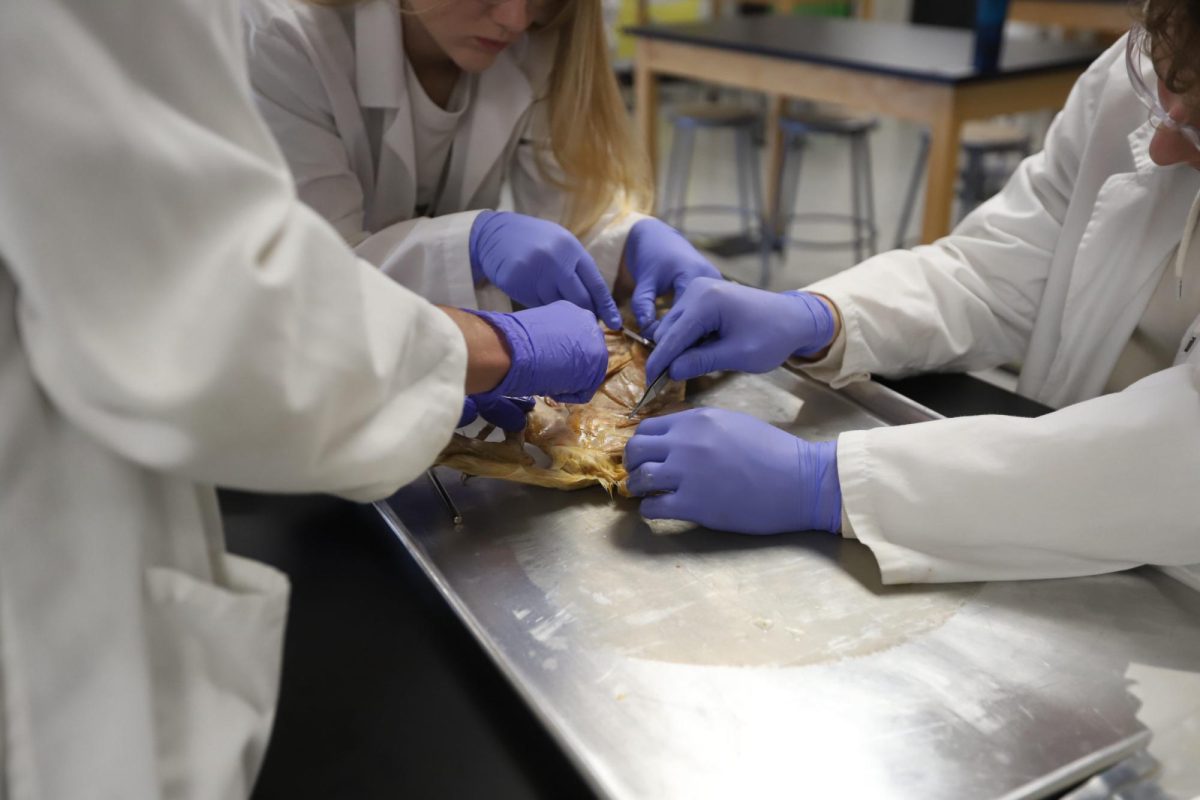

![[Video] 100th CSPA Spring Journalism Conference](https://thefeather.com/wp-content/uploads/2024/04/20240308-cspa-crown-002.jpg)
